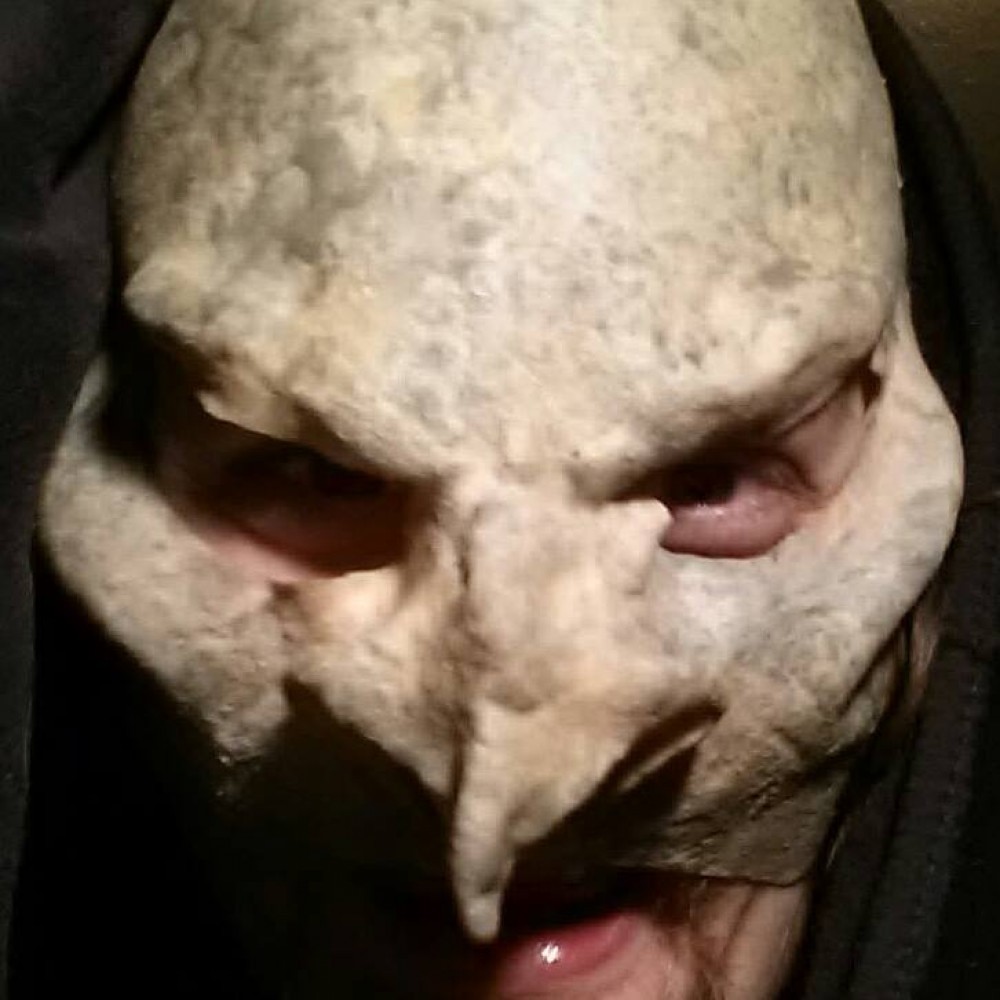Lesson III. Verbs: Infinitives and Present Tense grammar
Because this is an invented language, we will assume that all verbs are regular. Therefore, all infinitives end in –at: for example, durbat = to rule, gimbat = to find, krimpat = to bind, and thrakat = to bring. The BS dictionary gives only the verb stem (for example, durb-, gimb-, krimp- etc.) to which you will add the various endings, like –at, -ut, -ub, -uz, etc.
Find several other verbs in the dictionary and give the infinitive form for each.
Please note: According to some of the contributors to Tolklang, third person plural takes the ending “ut.” I have added the ending “at” to the third person singular, even though I realize this may be a little confusing. I have done this for two reasons: first, because some of the posters on the LOS board were already using the infinitive form as the third person singular, and second, it made sense to be able to indicate the difference between a command (gimb! = you find, and gimbat = he finds.) Using the -at ending for the third person singular and for the infinitive should not be too problematic. After all, the English language uses the same ending for almost all verb endings.
In Black Speech, we assume that all verbs are regular and are conjugated in the following way:
Gimbat, to find:
gimb I find gimb we find
gimb you (sing) find gimb you (plural) find
gimbat he, she, it finds gimbut they find
Thrakat, to bring:
thrak I bring thrak we bring
thrak you (sing) bring thrak you (plural) bring
thrakat he, she, it brings thrakut they bring
Vocabulary
Some new verbs:
azat to kill
bugdat to call
durbat to rule
dûmpat to doom
fauthat to hide, to lie hidden
srinkhat to gather
prakhat to lure
Exercise
Translate the following:
he rules we find she devours
they bind it brings you (plural) bind
I devour you (sing.) lure they gather
I find you (plural) gather I lure
They hide she devours* we bring
I hide it kills they rule
you (singular) doom he calls it hides
I call they devour* we kill
*note that the verb stem "throqu-" ends in a "u," so you will have to add another "u" to form the future tense: throqu, I devour, throquub, I will devour (pronounced "throw-kwoob.") In many European languages, it is customary to add a "u" after the "q" to indicate the "kw" sound. In Middle Earth, of course, Black Speech would be written in tengwar or runes, not in English letters, so the extra "u" would not be an issue. In other words, the fact that you happen to have two "u's" together here doesn't mean you should pronounce them as a long "uu."
